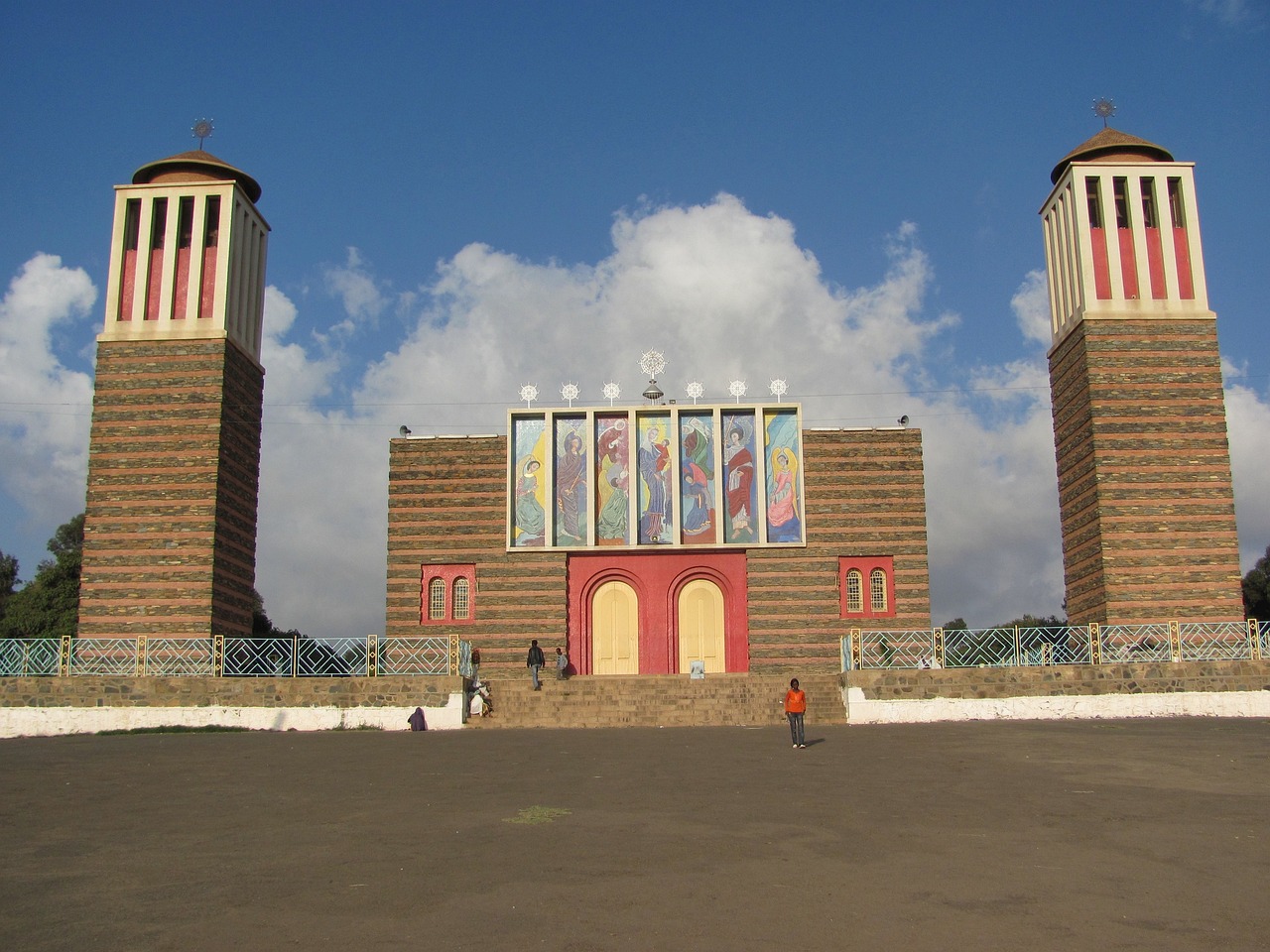Finding budget-friendly accommodations in Europe can be a daunting task, especially if you’re trying to steer clear of the hostel scene. Whether you’re a solo traveler, a couple on a romantic getaway, or a family on vacation, there are plenty of alternatives that won’t break the bank. Here’s a comprehensive guide to help you find affordable lodging options across Europe that offer privacy, comfort, and a touch of local charm.
Embrace the World of Guesthouses and B&Bs
Guesthouses and Bed & Breakfasts (B&Bs) are an excellent alternative to hostels. They are often family-run and provide a cozy, home-like atmosphere. Many B&Bs offer a hearty breakfast in their nightly rate, which can save you money on meals. Additionally, the owners are usually locals who can provide invaluable insight into the area, including tips on free or inexpensive activities.
Vacation Rentals and Short-Term Apartments
Platforms like Airbnb, VRBO, and HomeAway have revolutionized the way travelers can find accommodations. Renting an apartment or house can be cost-effective, especially if you’re traveling with a group or planning to stay in one place for an extended period. Having a kitchen can also save you money on dining out, as you can prepare meals at home just like a local.
Agri-tourism and Farm Stays
Europe is home to a thriving agri-tourism industry. Staying on a working farm or vineyard can be a unique and affordable experience. These stays often include fresh meals made from local produce, and you get the added benefit of a rural, tranquil setting. Italy’s agriturismi and France’s gîtes rurales are perfect examples of how you can immerse yourself in the countryside charm without splurging.
Monastery and Convent Stays
For a truly unique lodging option, consider staying in a monastery or convent. Some religious institutions offer rooms to travelers for a modest donation. These accommodations are typically simple and clean, offering a peaceful retreat. They’re an especially good value in cities like Rome or Florence, where accommodation can be particularly expensive.
Budget Hotels and Motels
Europe has a plethora of budget hotel chains such as Ibis, Premier Inn, and Motel One. These hotels offer basic amenities and comfort at a low cost. They’re often located just outside the city center, but with public transportation, you’ll be in the heart of the city in no time.
Use Discount and Comparison Websites
Utilize websites and apps that compare prices across multiple booking platforms. Tools like Kayak, Skyscanner, and Booking.com can help you find the best deals. Set up alerts for price drops on accommodations in your chosen destination to snag the best deals.
Consider Off-Season Travel
Accommodation prices can vary dramatically depending on the time of year. Consider traveling during the off-season when prices are significantly lower. Besides saving money, you’ll avoid the crowds. The shoulder season – the period between peak and off-peak season – can also offer a good balance of reasonable prices and good weather.
Look for Last-Minute Deals
Sometimes, booking at the last minute can yield the best deals. Hotels and vacation rentals looking to fill rooms may offer deep discounts. Apps like HotelTonight specialize in last-minute deals and can be a great resource.
Loyalty Programs and Hotel Points
If you frequently travel, consider sticking with a particular hotel chain and joining their loyalty program. Accumulating points can lead to free nights or upgrades. Credit cards that offer travel rewards can also be used to earn free stays.
Couchsurfing and Hospitality Exchanges
For the more adventurous traveler, Couchsurfing can be an excellent option. It allows you to stay with locals for free and is a fantastic way to meet new people and gain an authentic insight into the local culture. Always check references and reviews to ensure safety and a positive experience.
Consider the Location
Sometimes, staying a bit farther from the main attractions can save you a bundle. Look for accommodations in residential neighborhoods or on the outskirts of town, which are often well-connected by public transport. You’ll enjoy lower prices and a more authentic local experience.
Camping and Caravan Parks
Europe boasts numerous well-maintained camping sites and caravan parks. These are perfect during the warmer months and can offer significant savings, especially in more rural or coastal areas. Some offer cabins or mobile homes at a fraction of the cost of hotels.
University Dorms
Outside of term time, many universities rent out their student dorms to tourists. These rooms are basic but affordable, and they’re often located in central areas. This option is particularly prevalent in the United Kingdom and Ireland.
Package Deals
Look out for package deals that include accommodation, flights, and sometimes even car rental. It’s often possible to save by booking these elements together rather than separately. This is particularly true for resort areas in destinations like Greece or Spain.
Negotiate for Better Rates
Don’t be afraid to negotiate, especially if you’re staying for a longer period or traveling during a quieter time. Some accommodation providers may be willing to offer a discount to ensure a longer occupancy.
Finding affordable accommodation in Europe without staying in a hostel can enhance your travel experience significantly. By considering options such as guesthouses, vacation rentals, farm stays, and budget hotels, you can enjoy comfort and privacy without straining your wallet. With some research, flexibility, and creativity, you can uncover a plethora of budget-friendly lodging options that offer a deeper dive into European life. Always remember to consider the location, stay safe, and enjoy your European adventure with a touch of local flavor.
Planning and Flexibility: The Key to Affordable Stays
One of the core principles of finding budget-friendly accommodations is planning. Early birds often get good deals, as many hotels offer discounts for reservations made well in advance. Conversely, being flexible with your travel dates can also pay off. You might find that arriving a day earlier or later could save you a significant amount due to fluctuating occupancy rates.
Alternative Neighborhoods and New Destinations
In major cities like Paris, London, or Rome, the neighborhoods just outside the city center can offer accommodations at a fraction of the cost. Areas that are a bit off the tourist trail are not only cheaper but also provide a more authentic experience of local life. Cities like Lisbon, Budapest, and Krakow are becoming increasingly popular due to their affordability and charm, without compromising on the cultural experience.
Embrace Technology and Social Media
Keep an eye on social media pages and forums where travelers share the latest deals and tips. Following the social media accounts of hotels, B&Bs, and travel influencers can also alert you to flash sales or discount codes. Additionally, apps like Splitwise can help manage expenses if you’re sharing accommodations with friends, ensuring everyone pays their fair share.
Safety and Comfort
While budget is important, safety and comfort should never be compromised. Always read reviews and check for recent photos of the accommodation. Look for places with consistent positive feedback. If you’re traveling alone, you might want to pay a little extra for accommodations in a well-lit, safer part of town or in a reputable establishment.
Sustainable and Eco-Friendly Stays
Eco-tourism is gaining traction, and often, staying in an eco-friendly hotel or guesthouse can be quite affordable. These accommodations typically use less energy and may grow their own food, which can reduce costs and, by extension, the price of your stay. By choosing these places, you’re also making a positive impact on the environment.
Cultural Exchange Programs
Consider programs like Workaway or WWOOF (World Wide Opportunities on Organic Farms), where you can work in exchange for free accommodation and meals. This is not only a way to save money but also a chance to learn new skills and experience local cultures firsthand.
Traditional Inns and Pensions
In countries like Germany and Austria, traditional inns known as “gasthofs” or “pensions” offer comfortable rooms at reasonable rates. These family-run establishments are known for their personal touch, hearty food, and welcoming atmosphere.
Student and Youth Travel Cards
If you’re a student, teacher, or under a certain age, you might be eligible for an International Student Identity Card (ISIC), International Youth Travel Card (IYTC), or an International Teacher Identity Card (ITIC). These cards can offer discounts on accommodations, as well as on transportation and attractions.
Multi-City Stays
If you’re planning to visit multiple cities in Europe, look for accommodations that have branches in several locations. Some hotel chains or B&B networks offer discounts if you stay with them in more than one city.
House Sitting
House sitting is another excellent way to save on accommodation costs. Websites like TrustedHousesitters connect you with people looking for someone to care for their home (and sometimes pets) while they’re away. In return for your services, you get free accommodation.
The Power of Word of Mouth
Never underestimate the power of word of mouth. Talk to friends and family who have traveled to your destination. They may have recommendations for affordable places that you won’t find online.
Exploring Europe on a budget does not mean you have to sacrifice comfort or privacy. From charming B&Bs and farm stays to university dorms and vacation rentals, there are numerous ways to enjoy a cost-effective trip. By using the strategies outlined above, travelers can find accommodations that not only save money but also enrich the travel experience. Remember to research, plan ahead, and remain flexible. And don’t forget to immerse yourself in the local culture, which is, after all, the best part of traveling. With a little effort and ingenuity, you’ll find that Europe’s doors are wide open—even to the most budget-conscious explorer.














